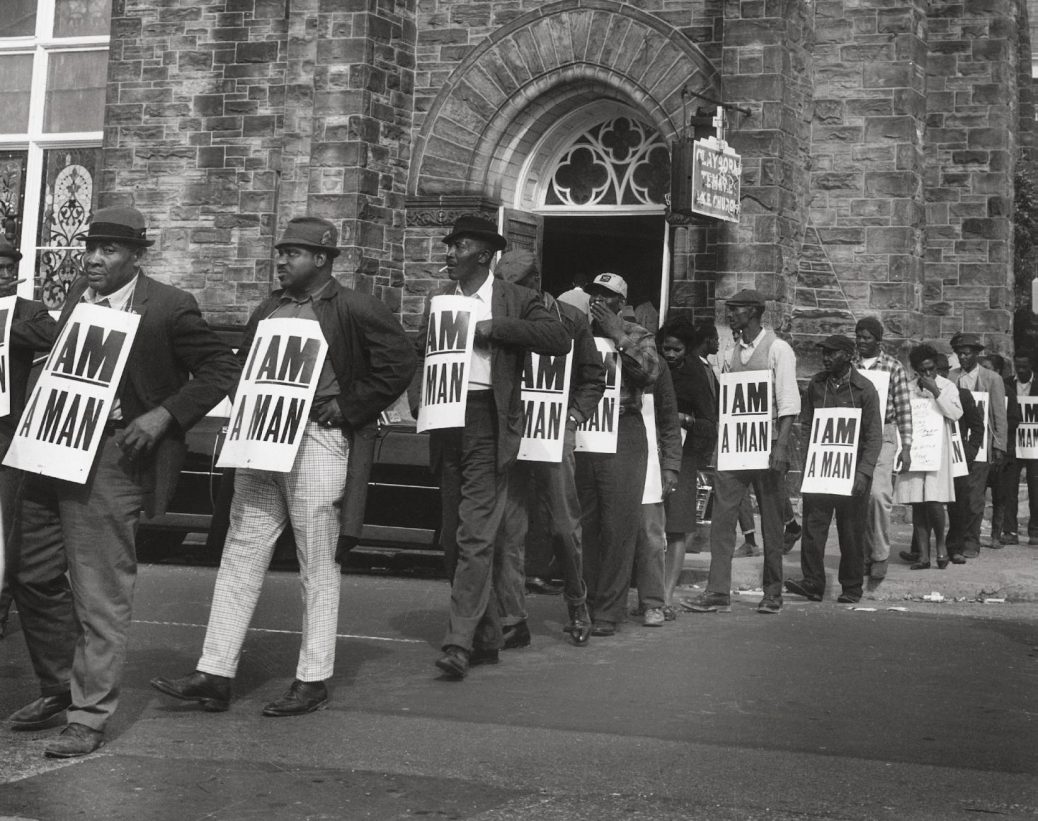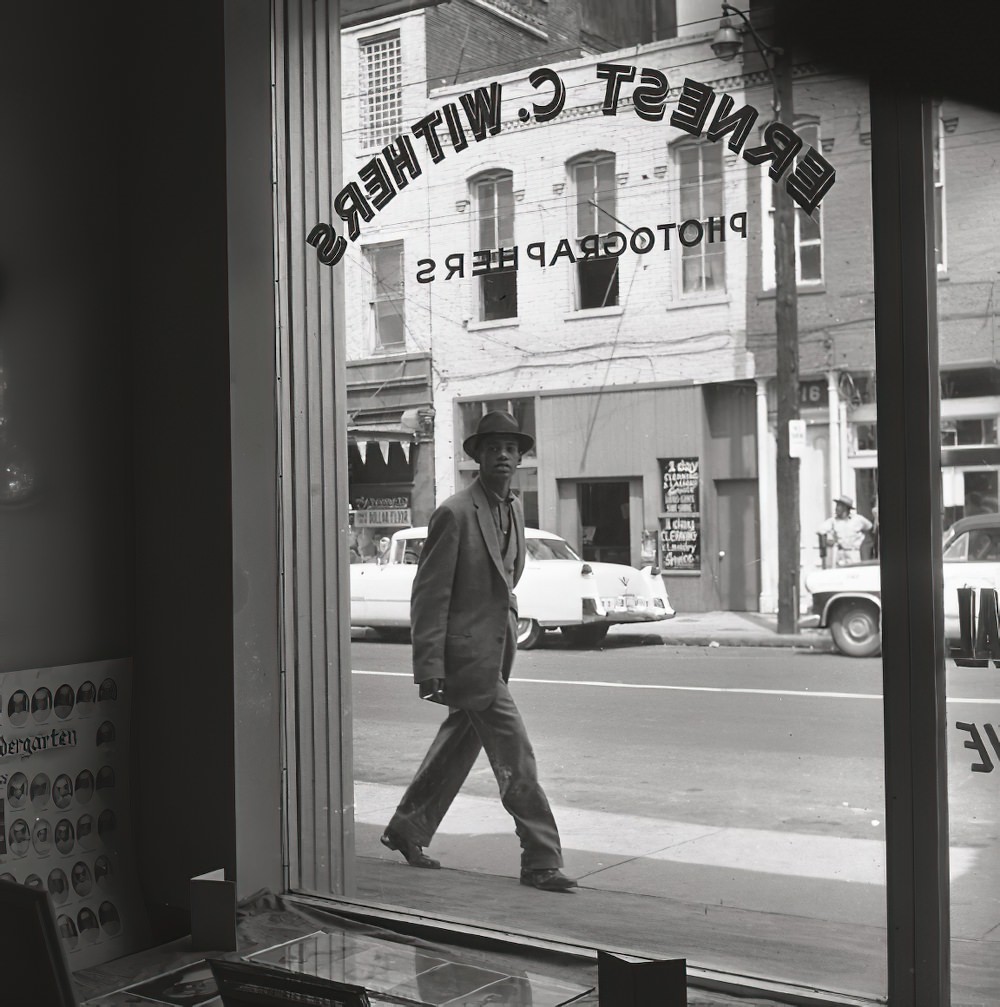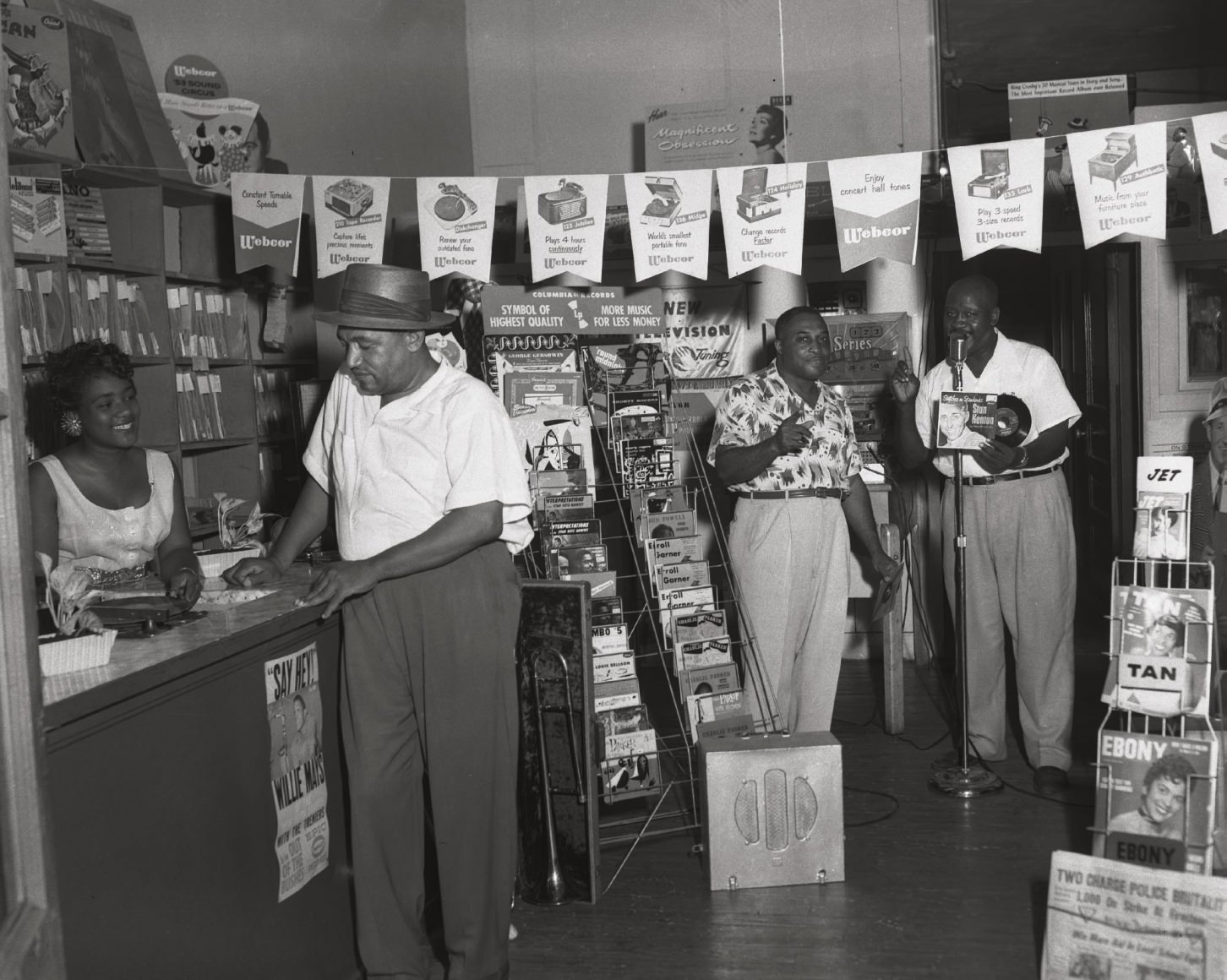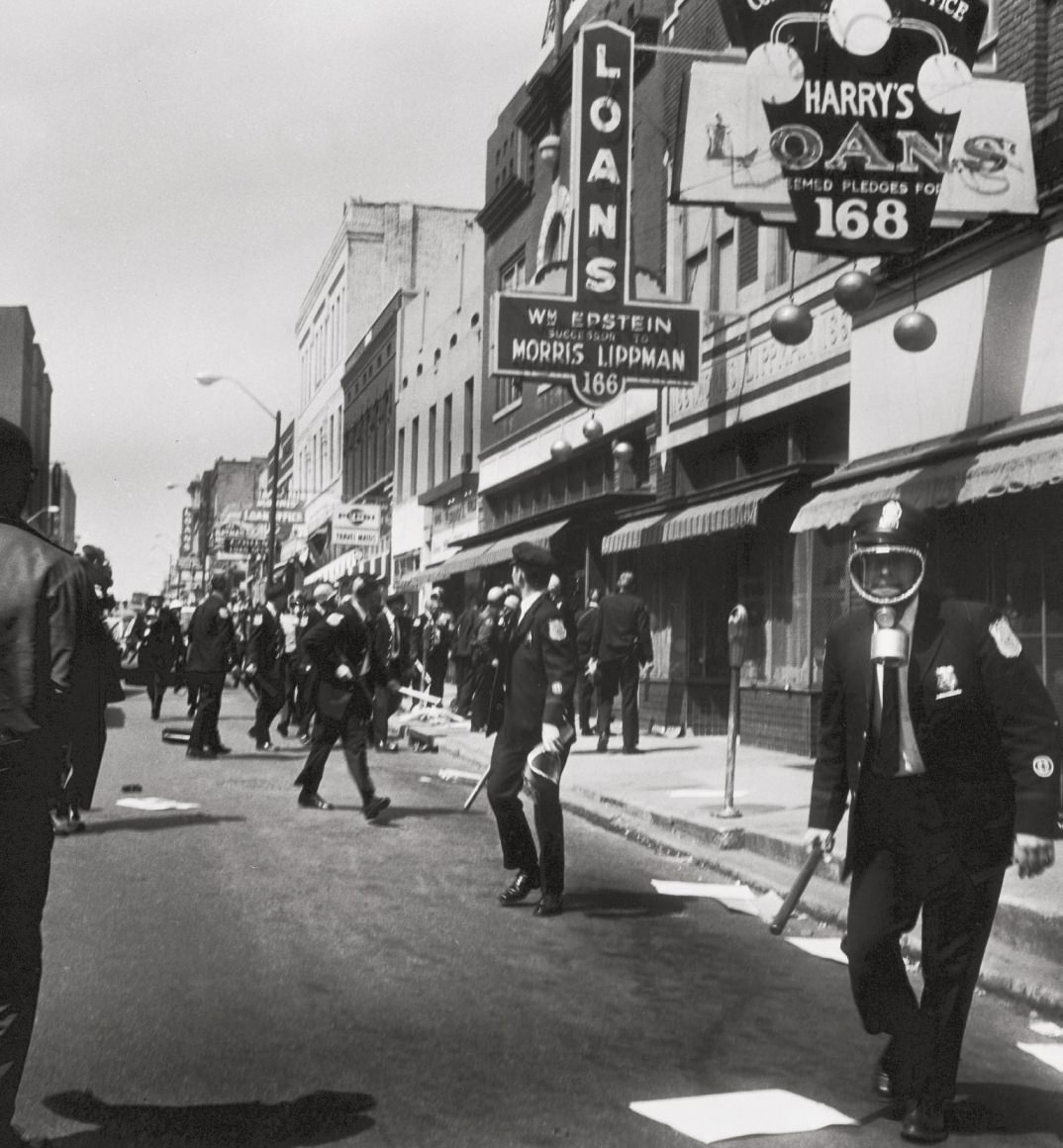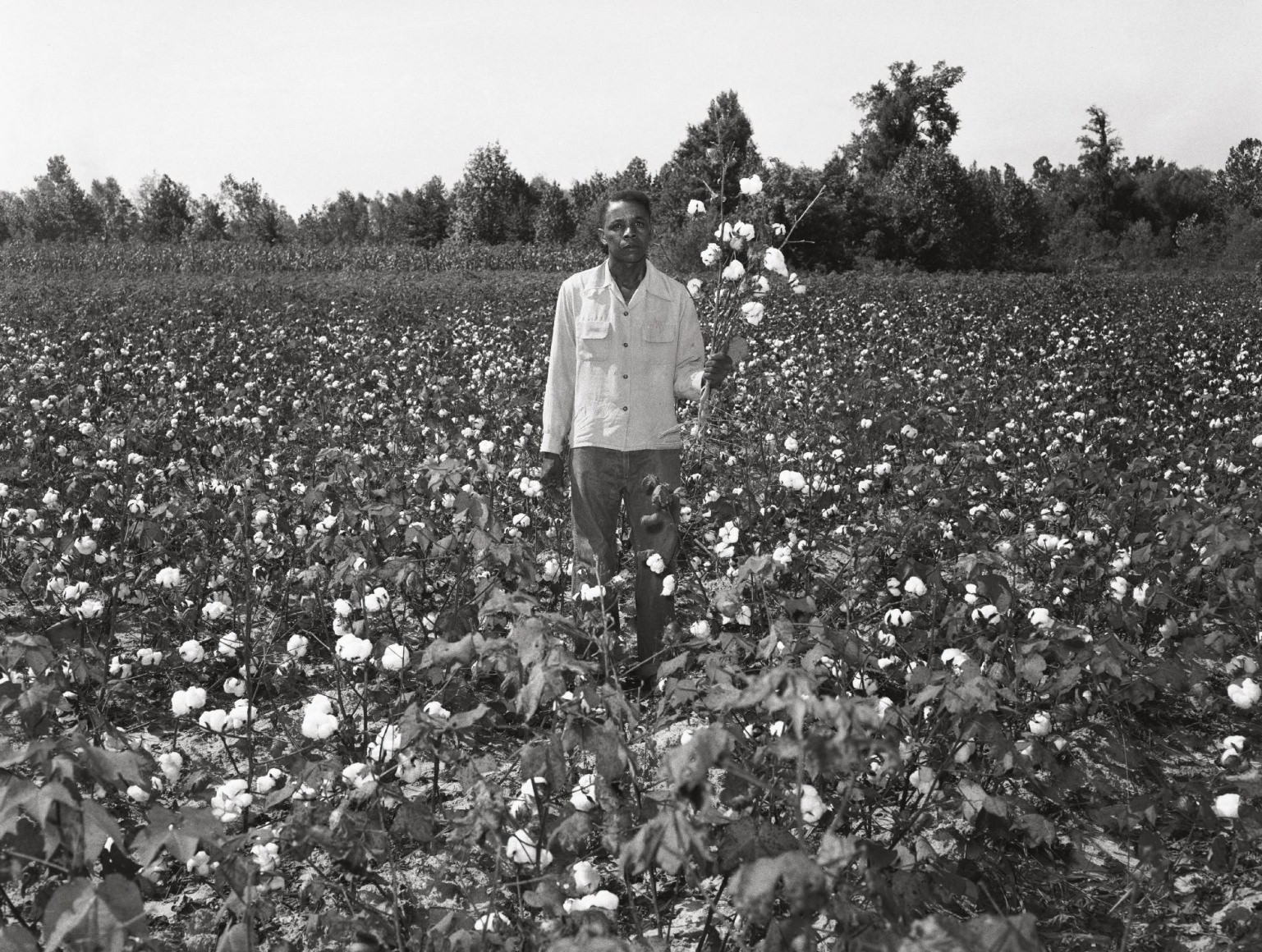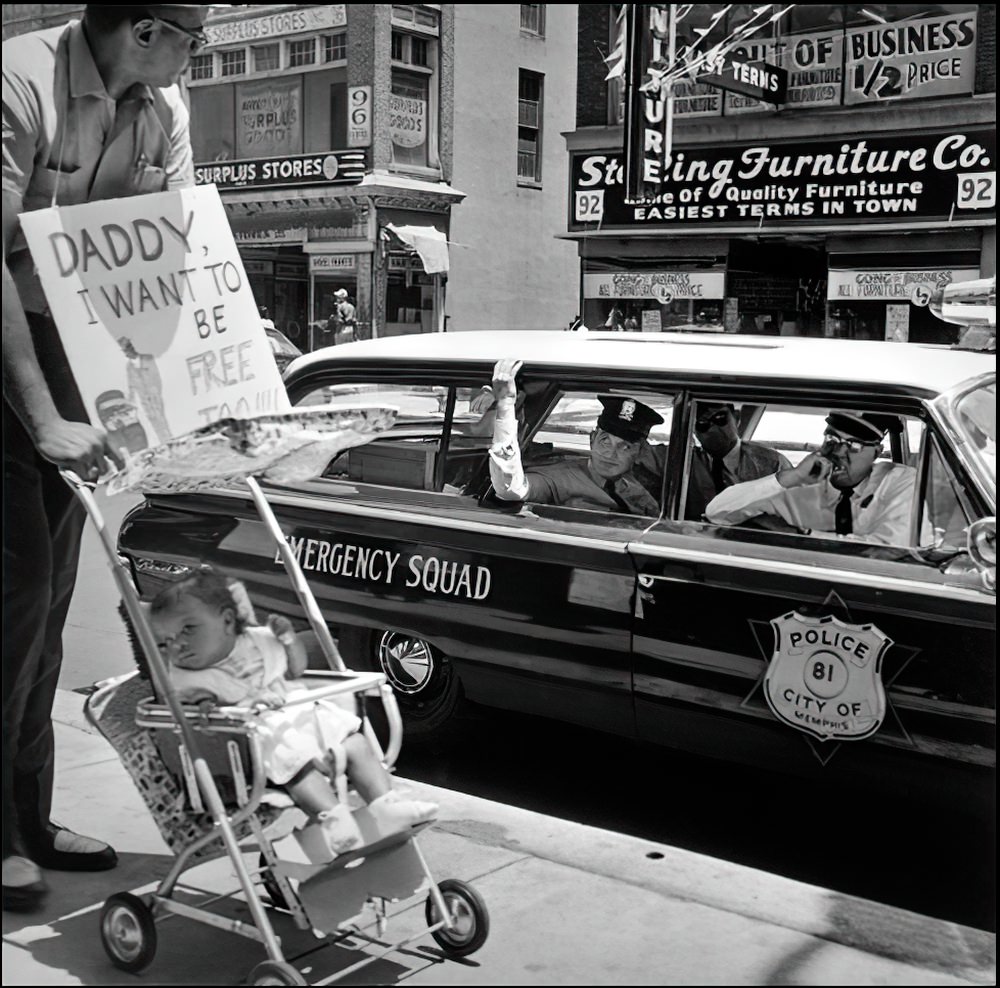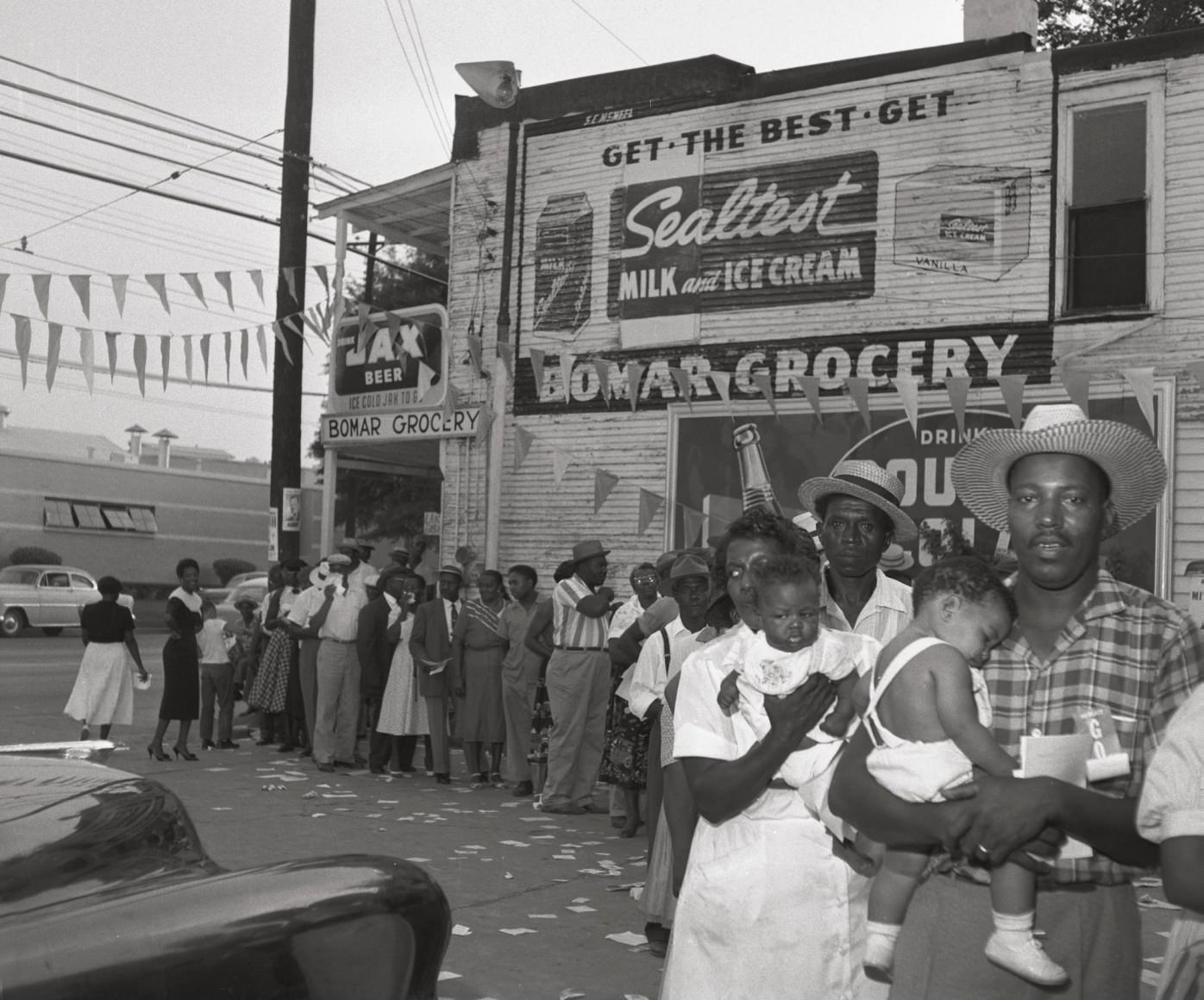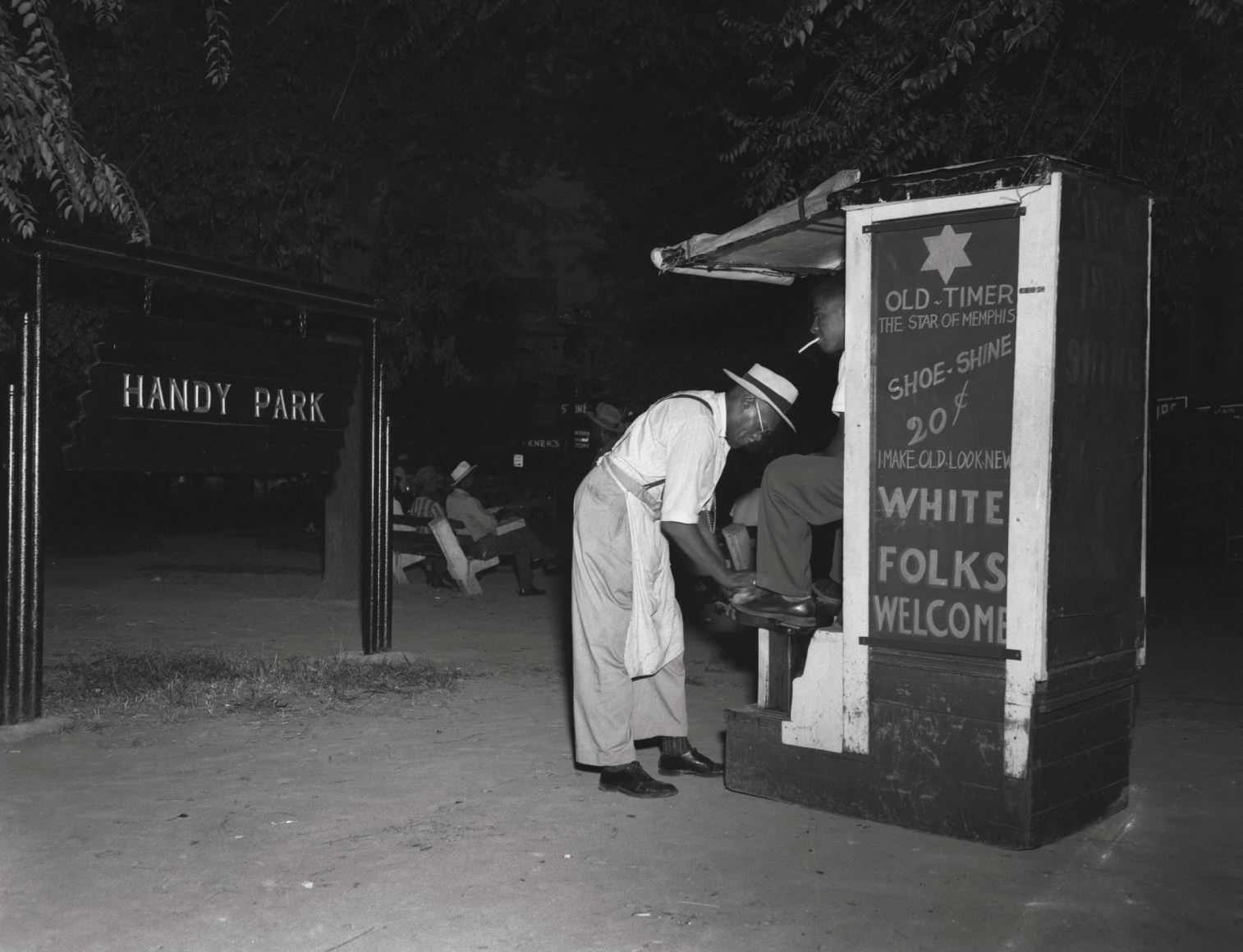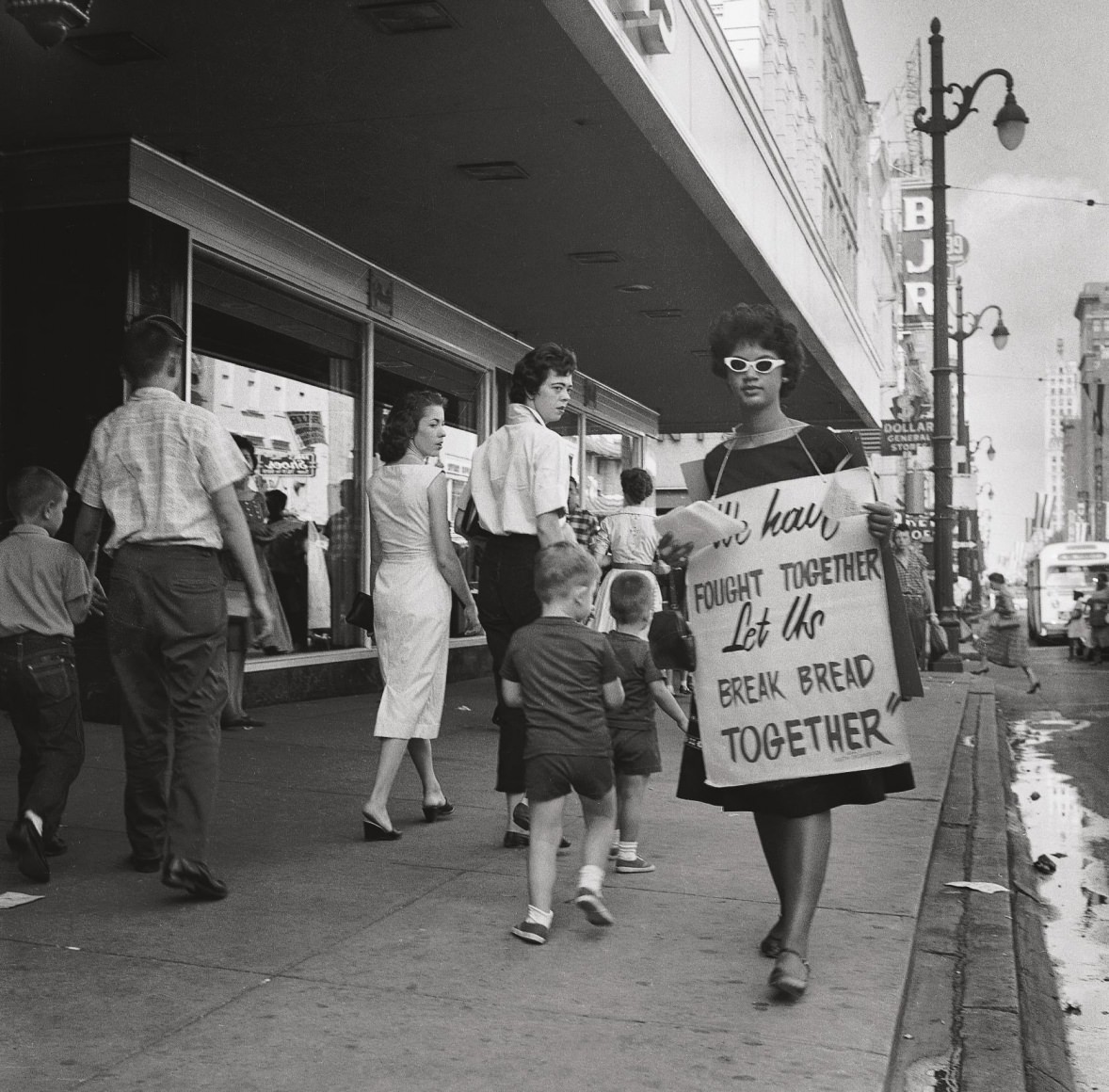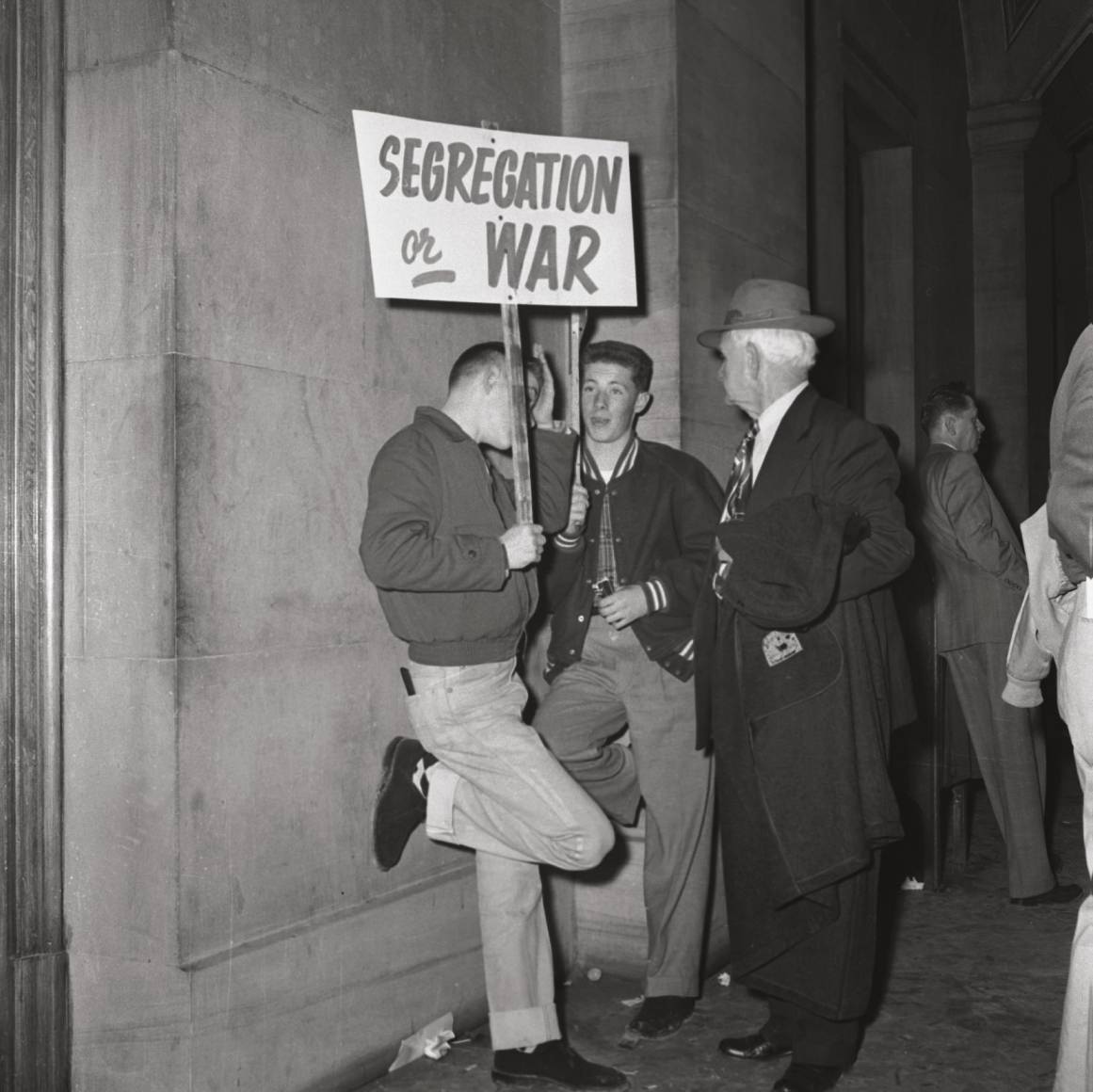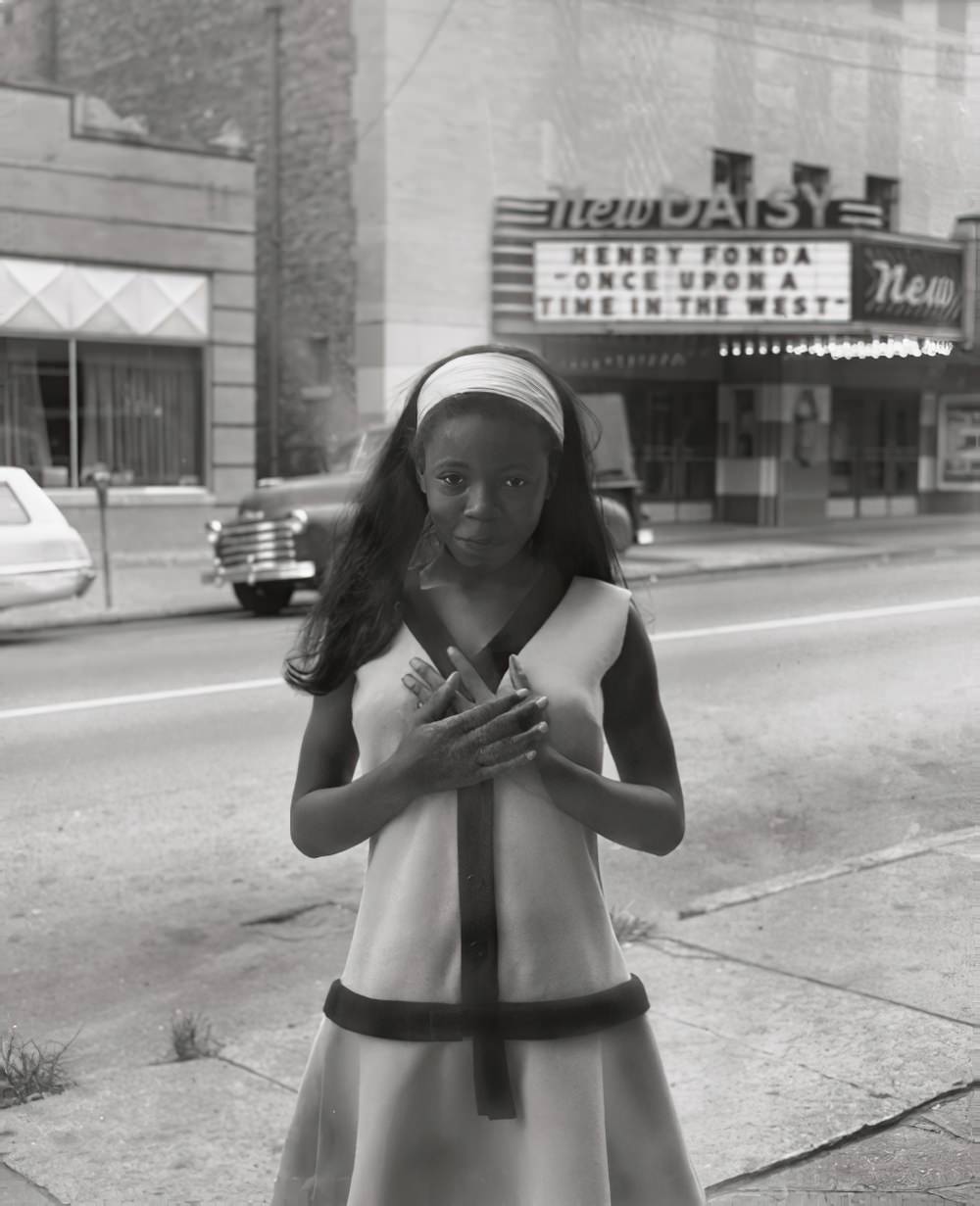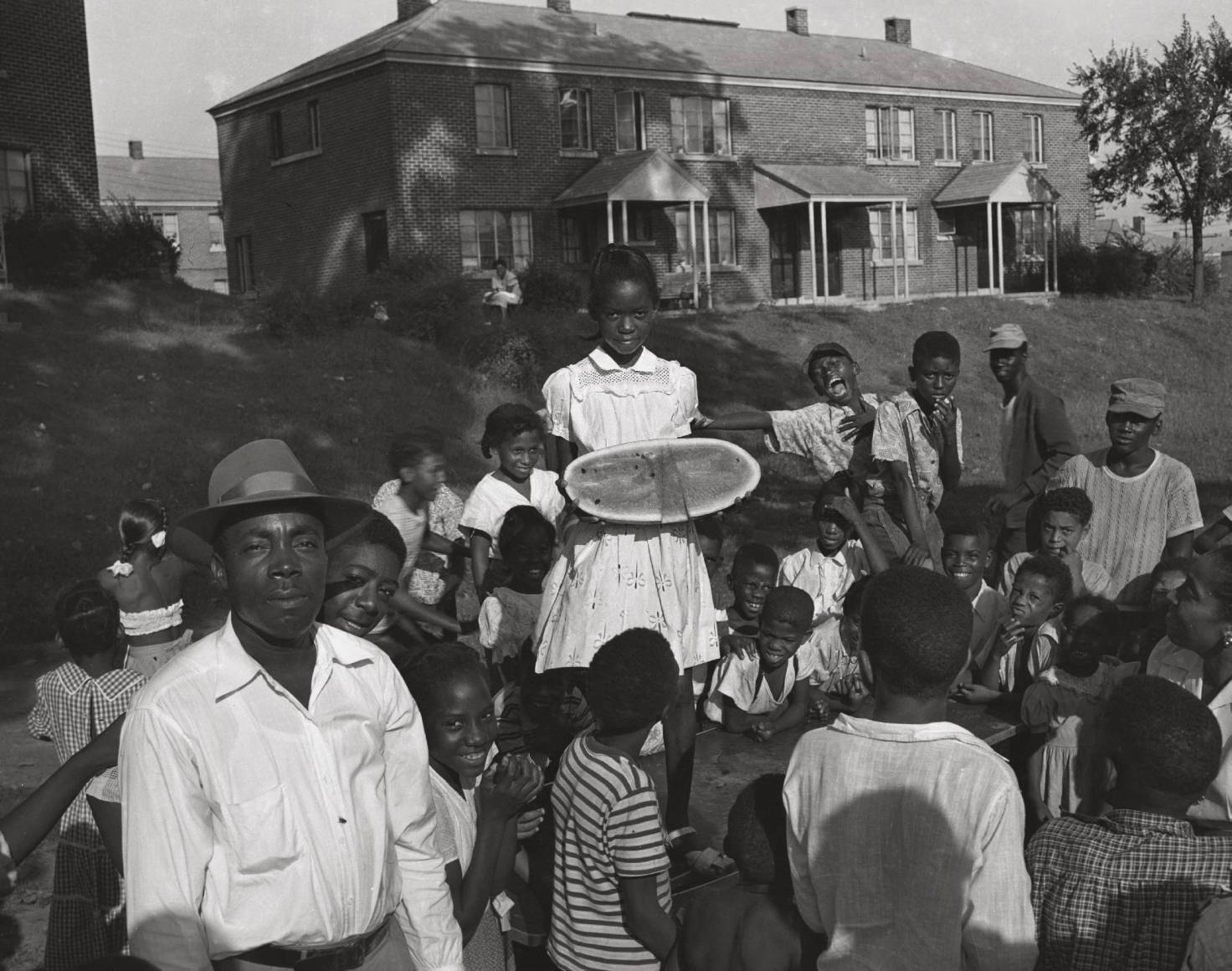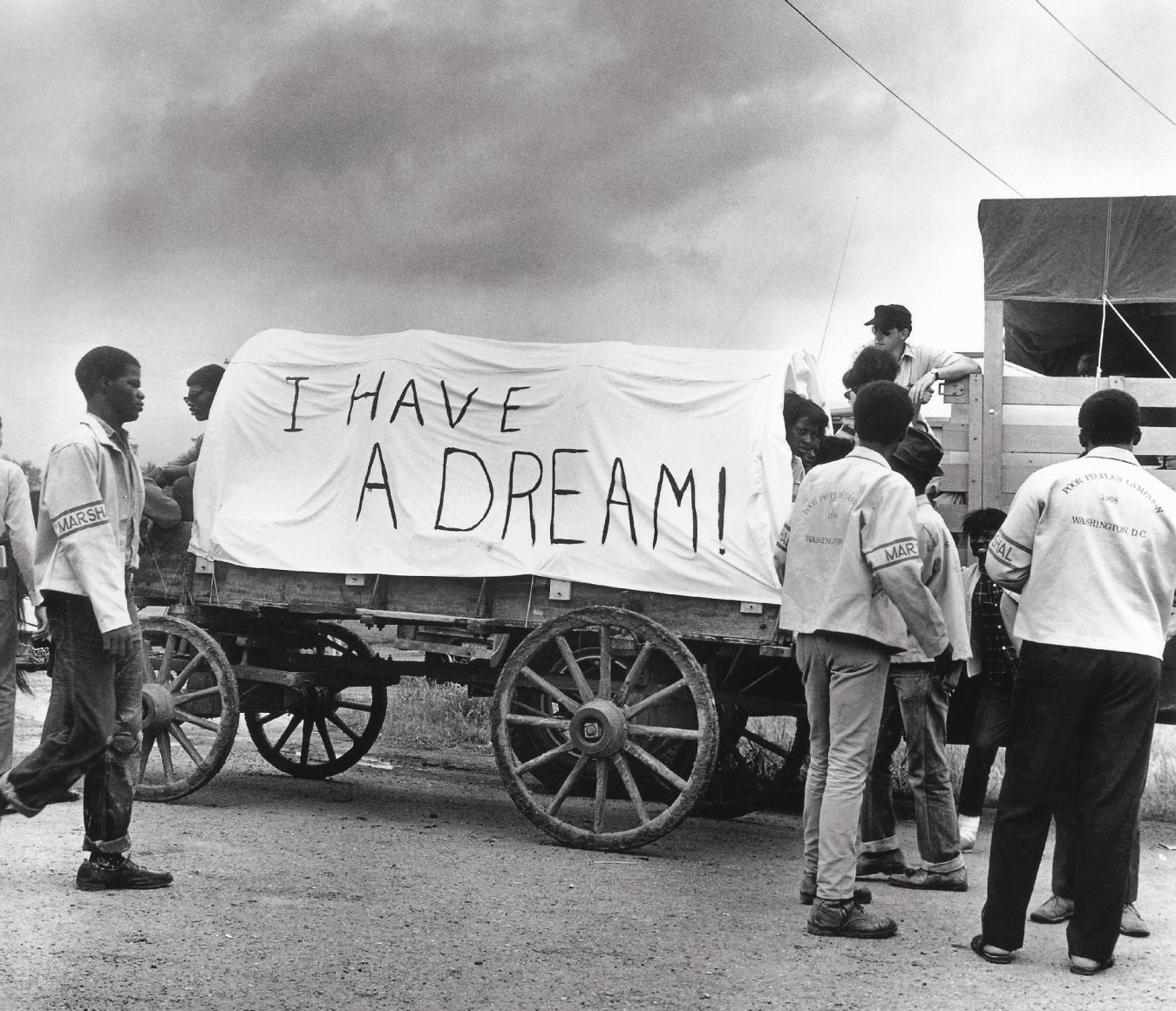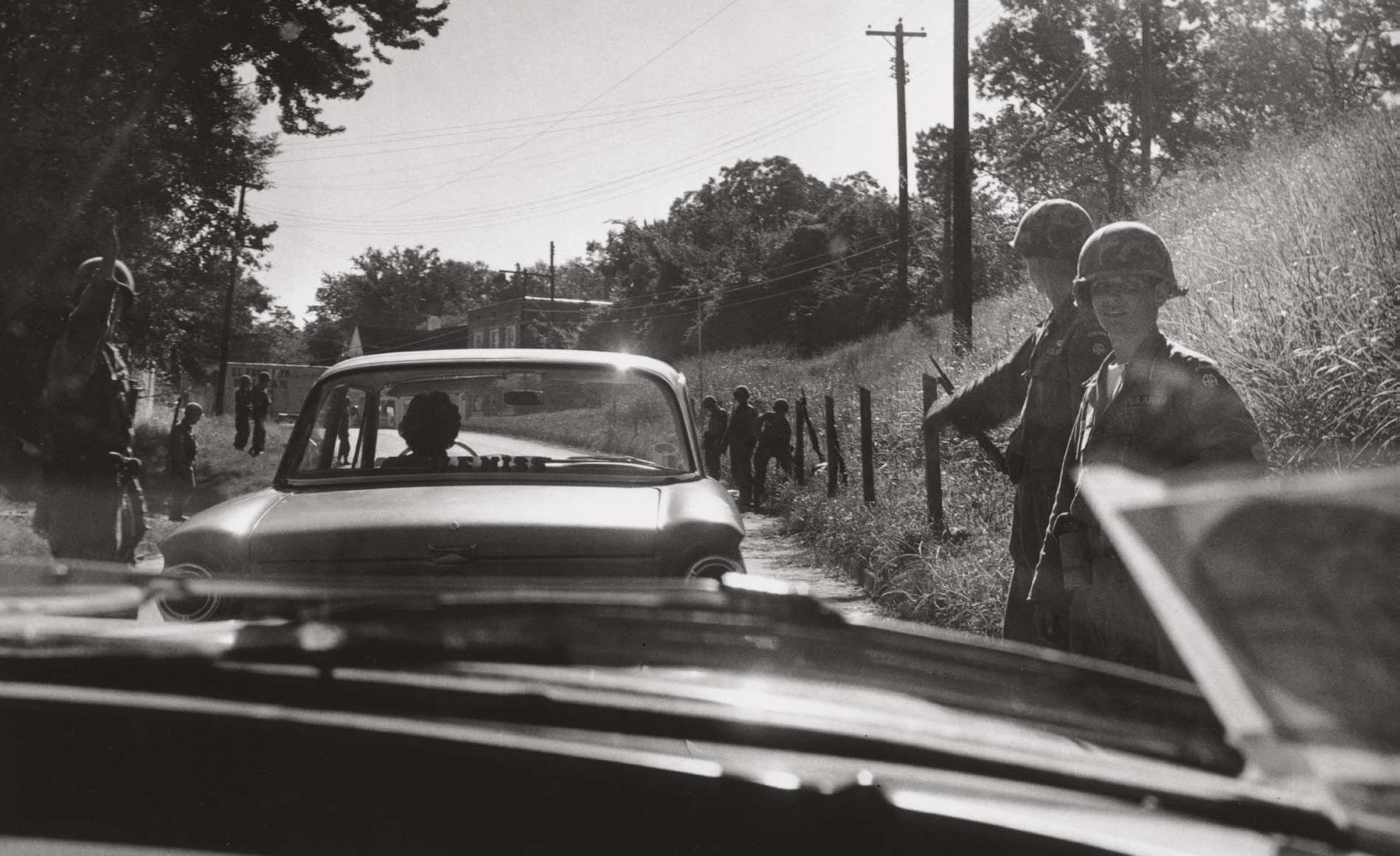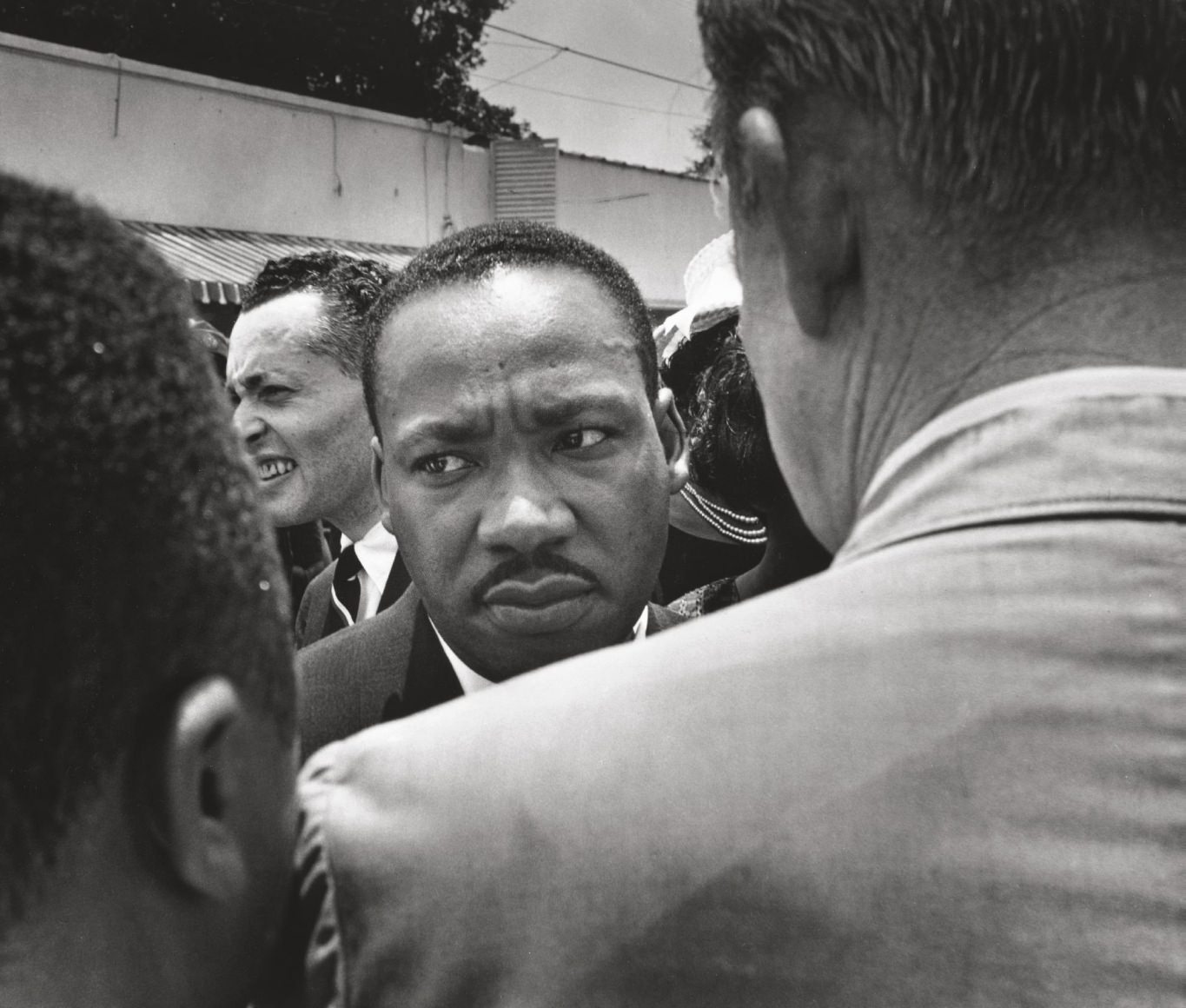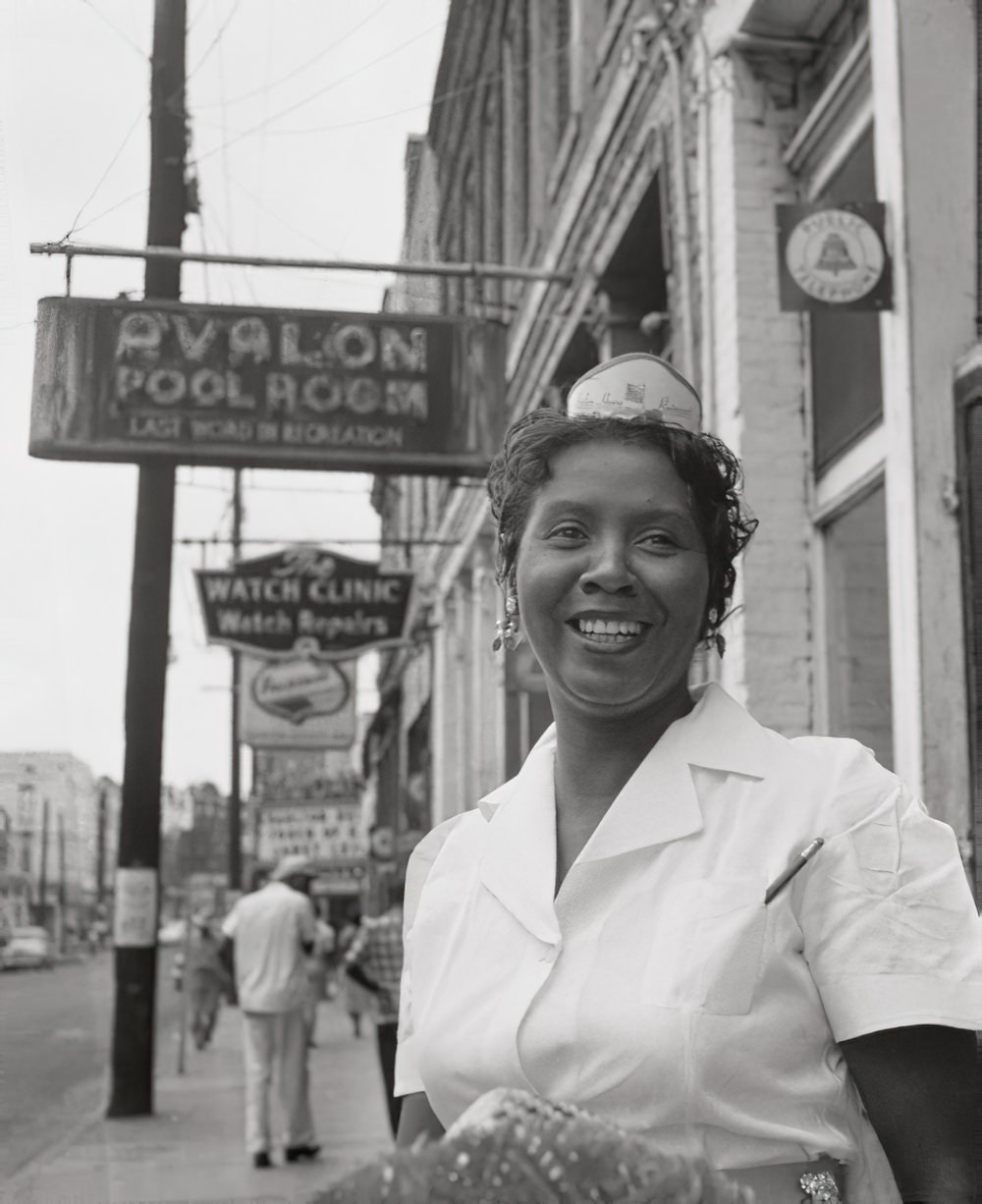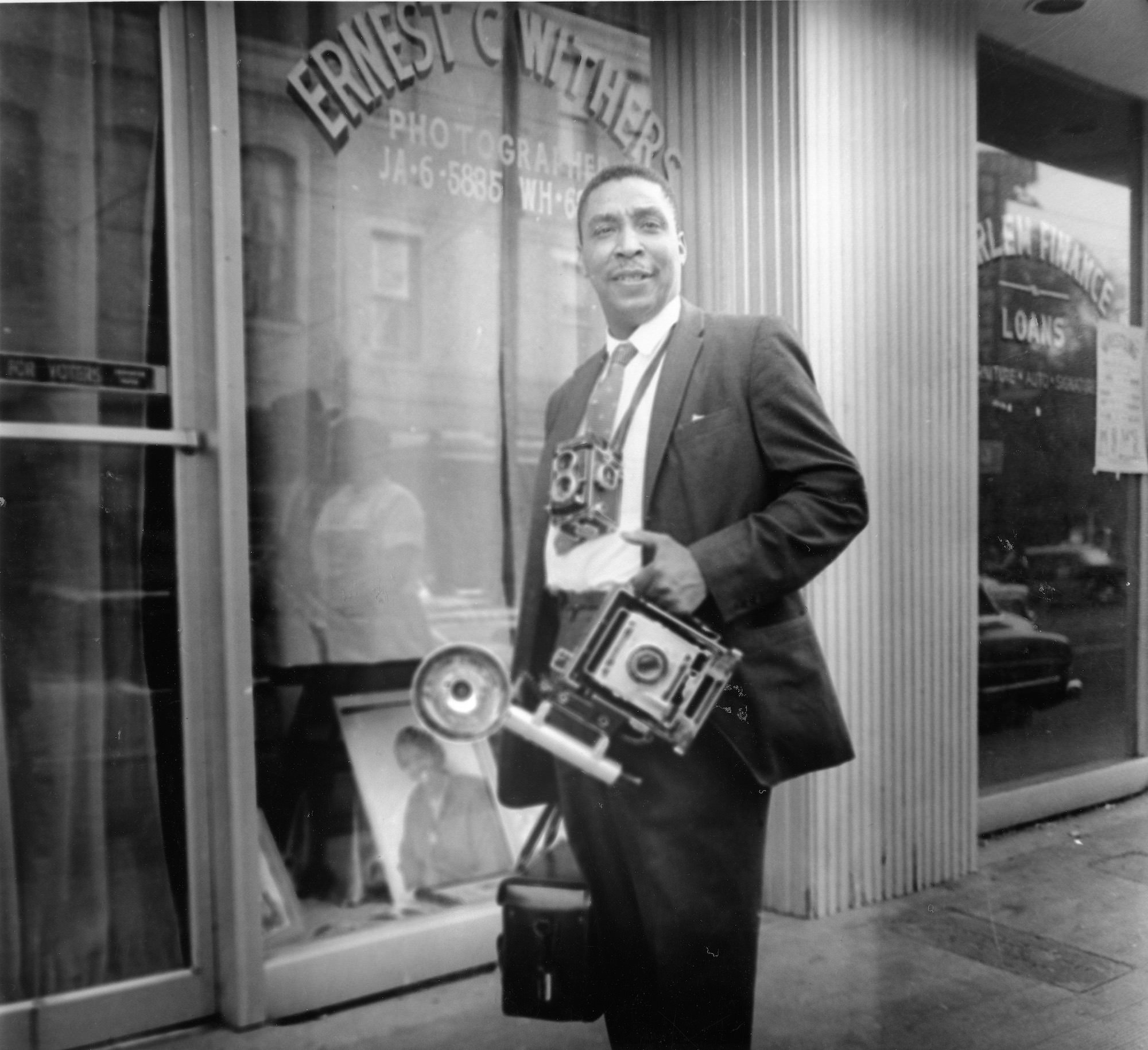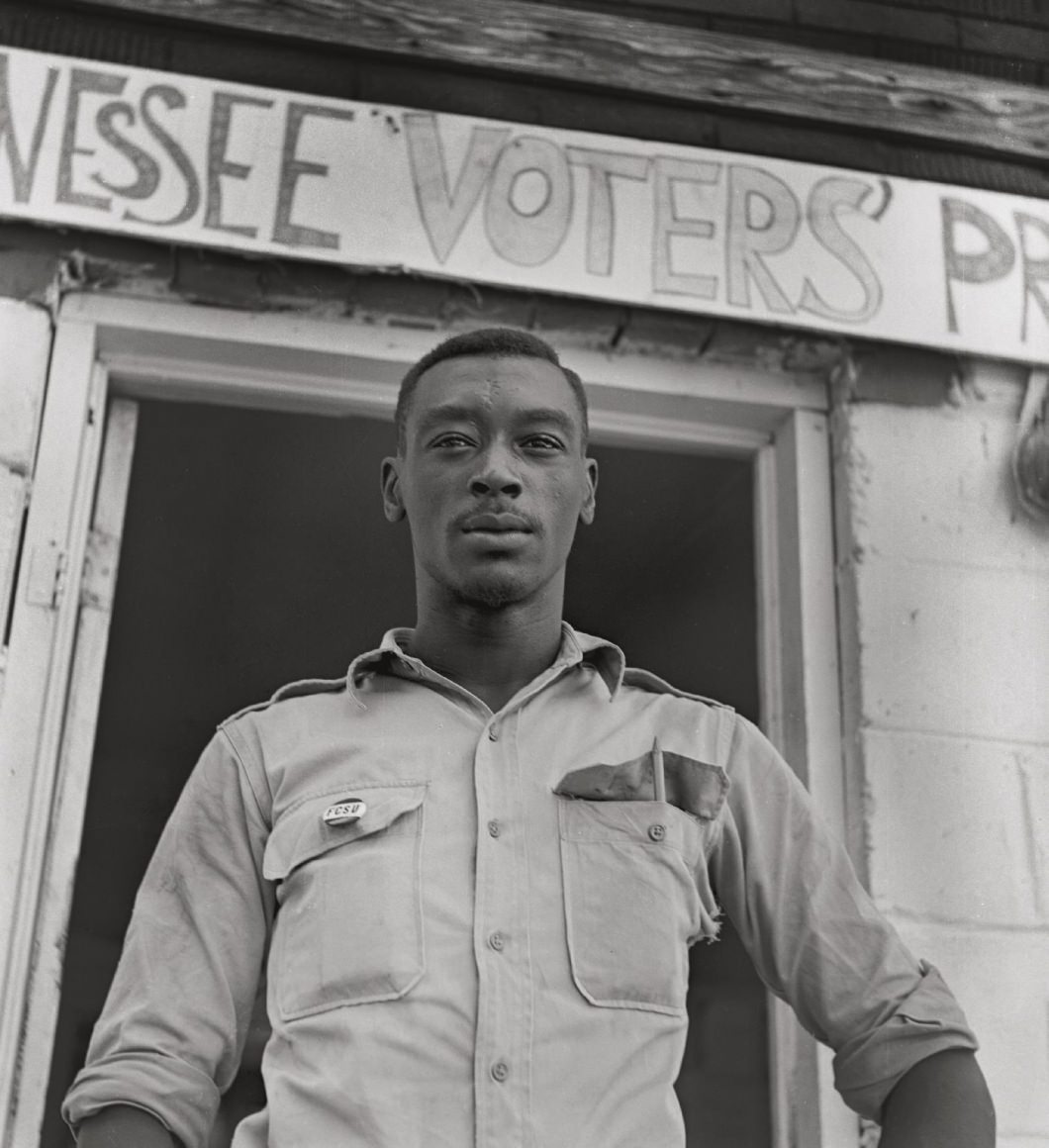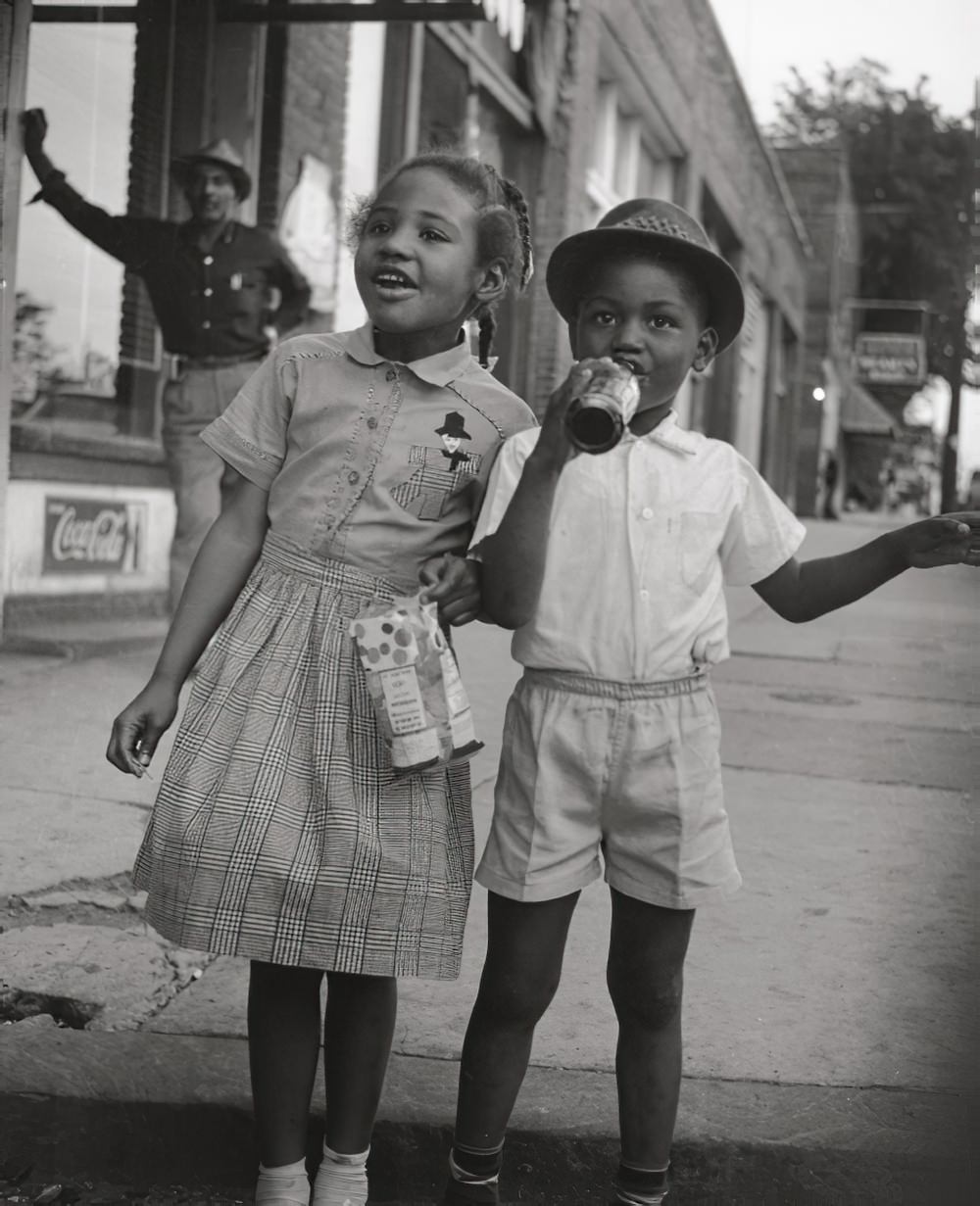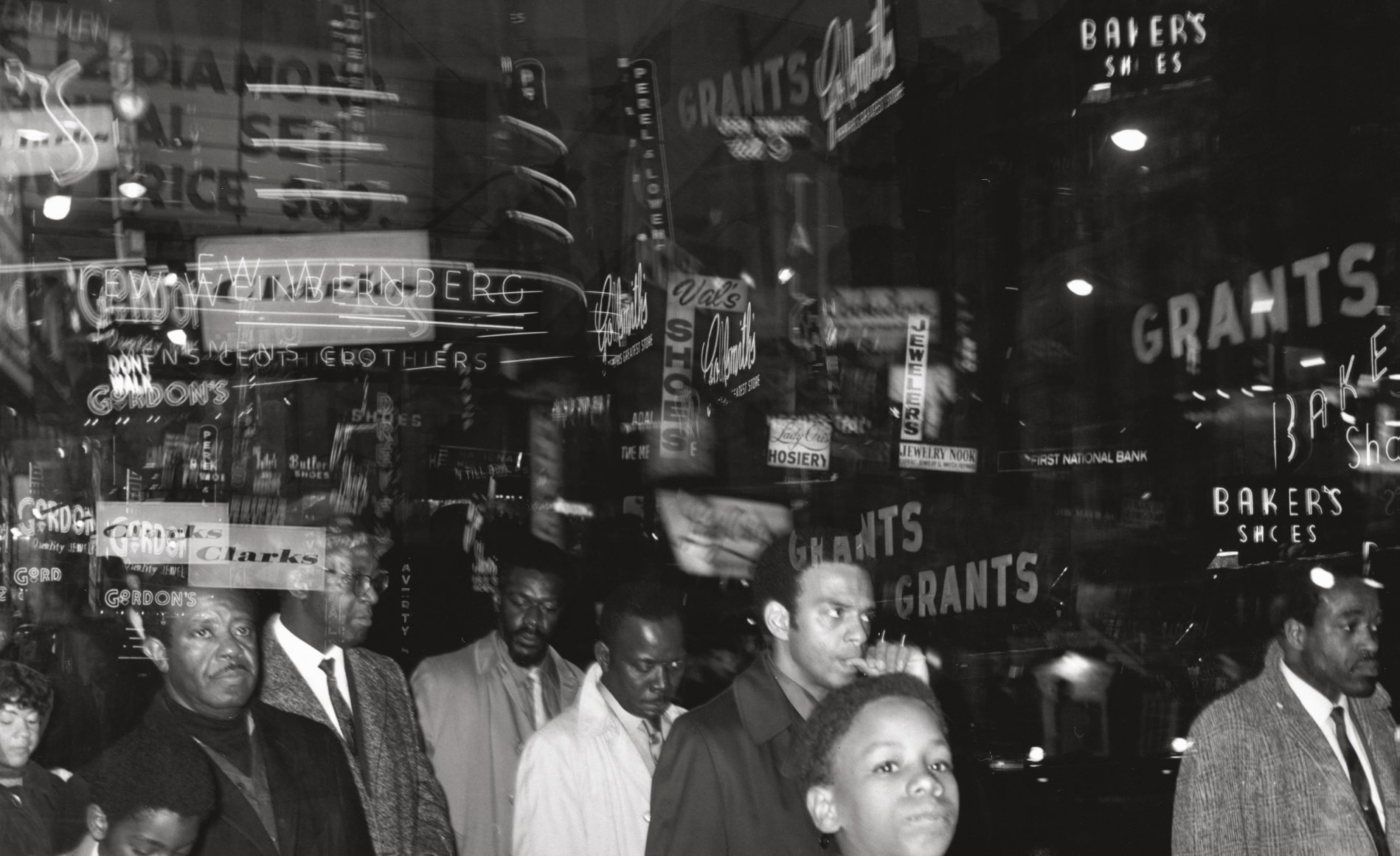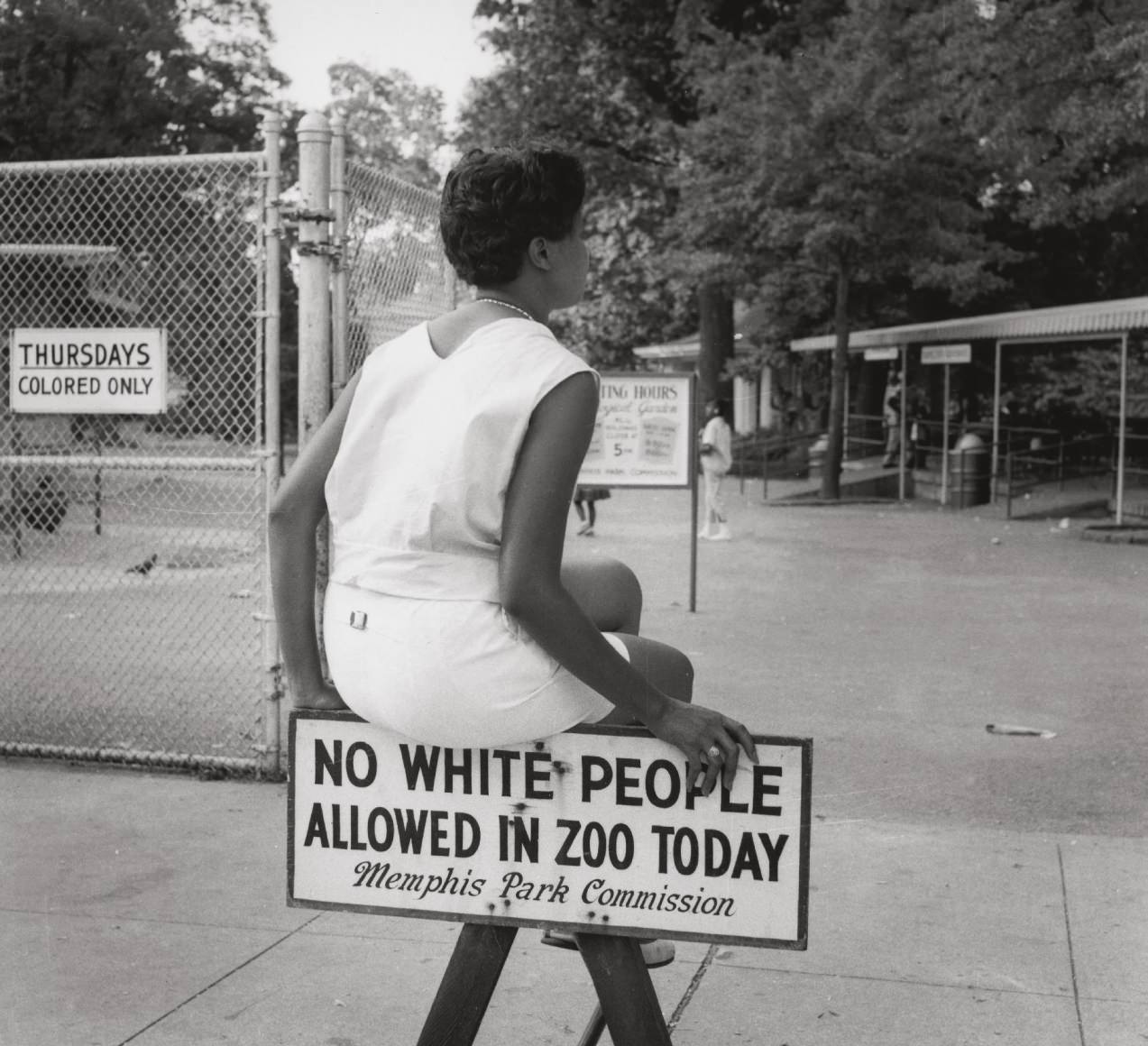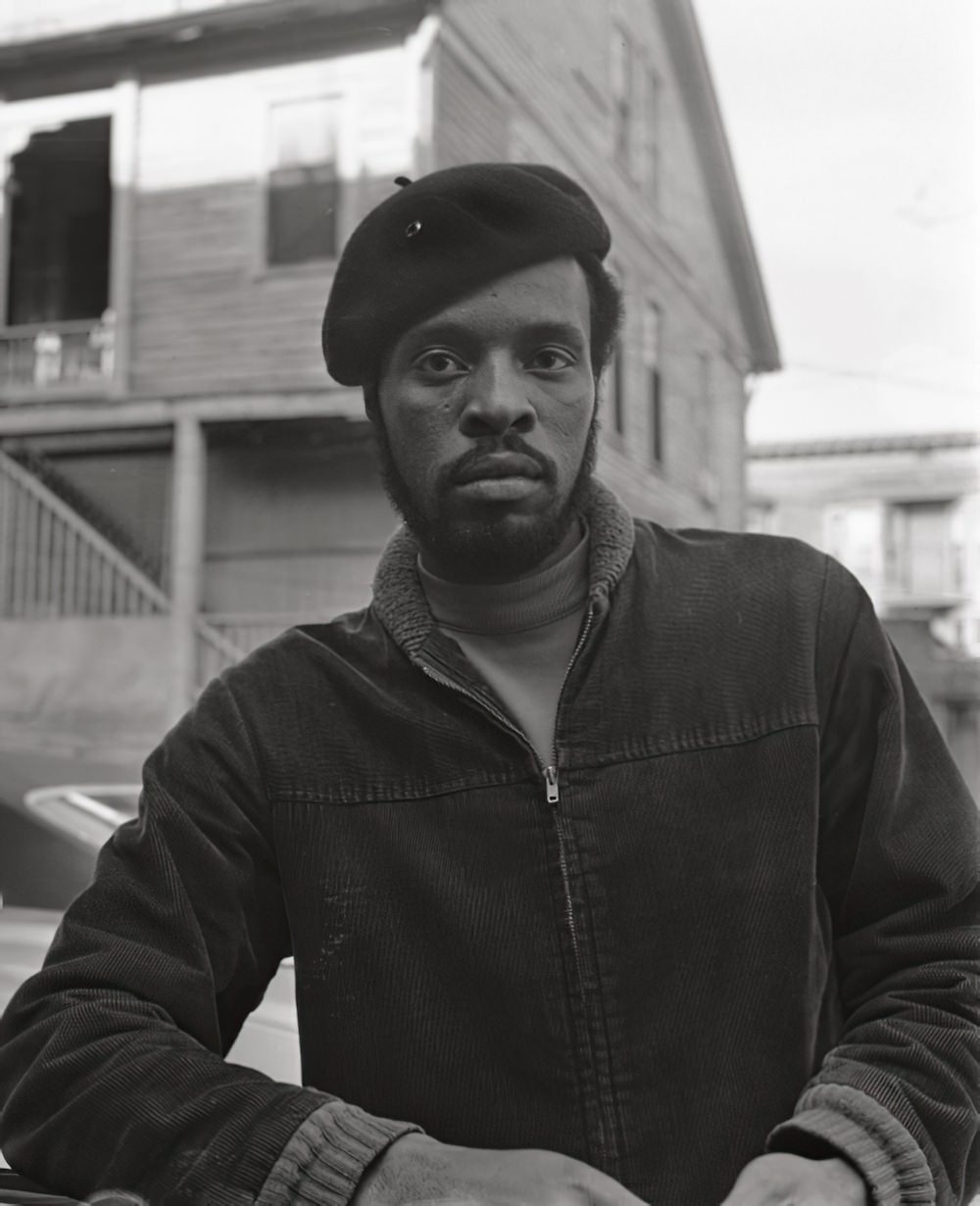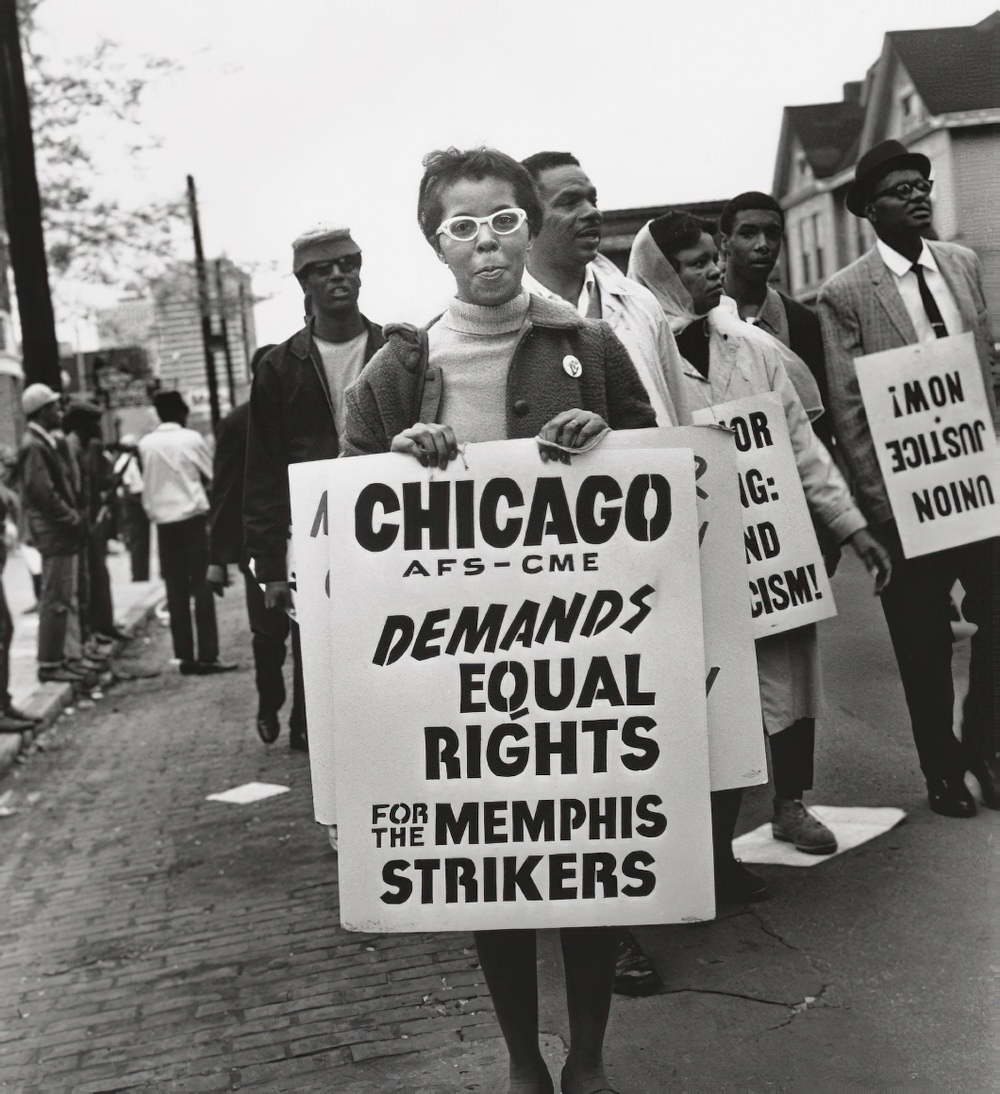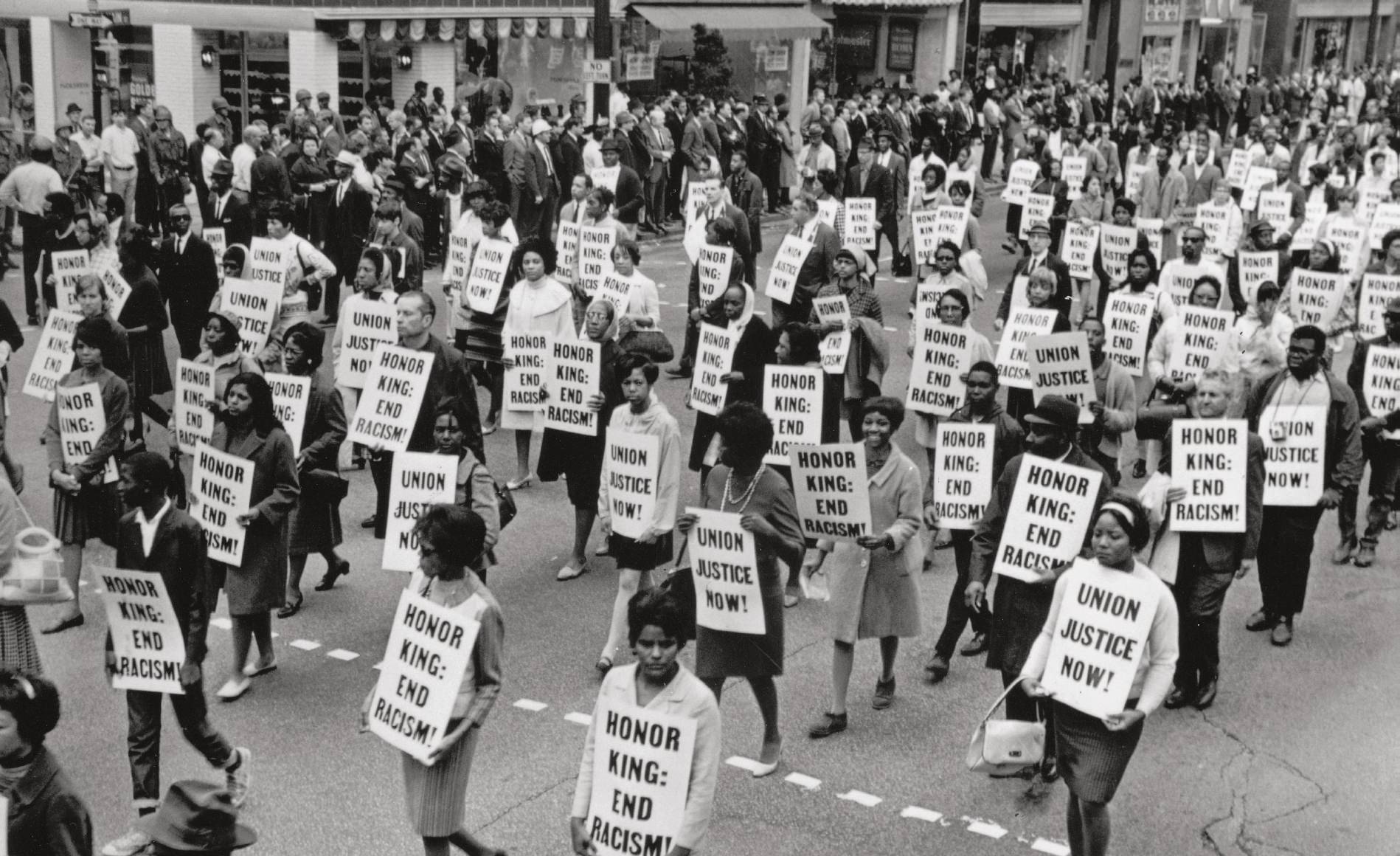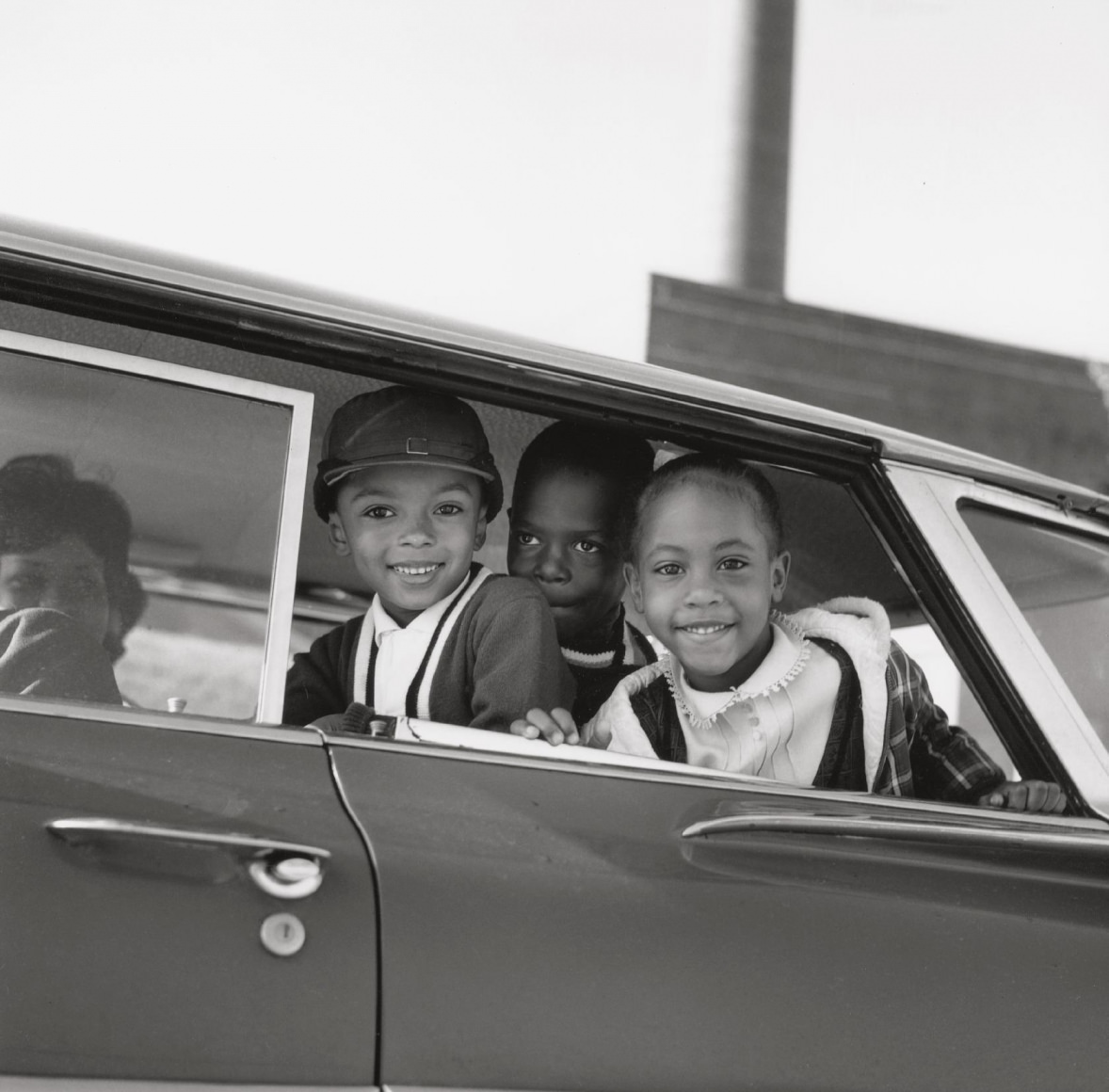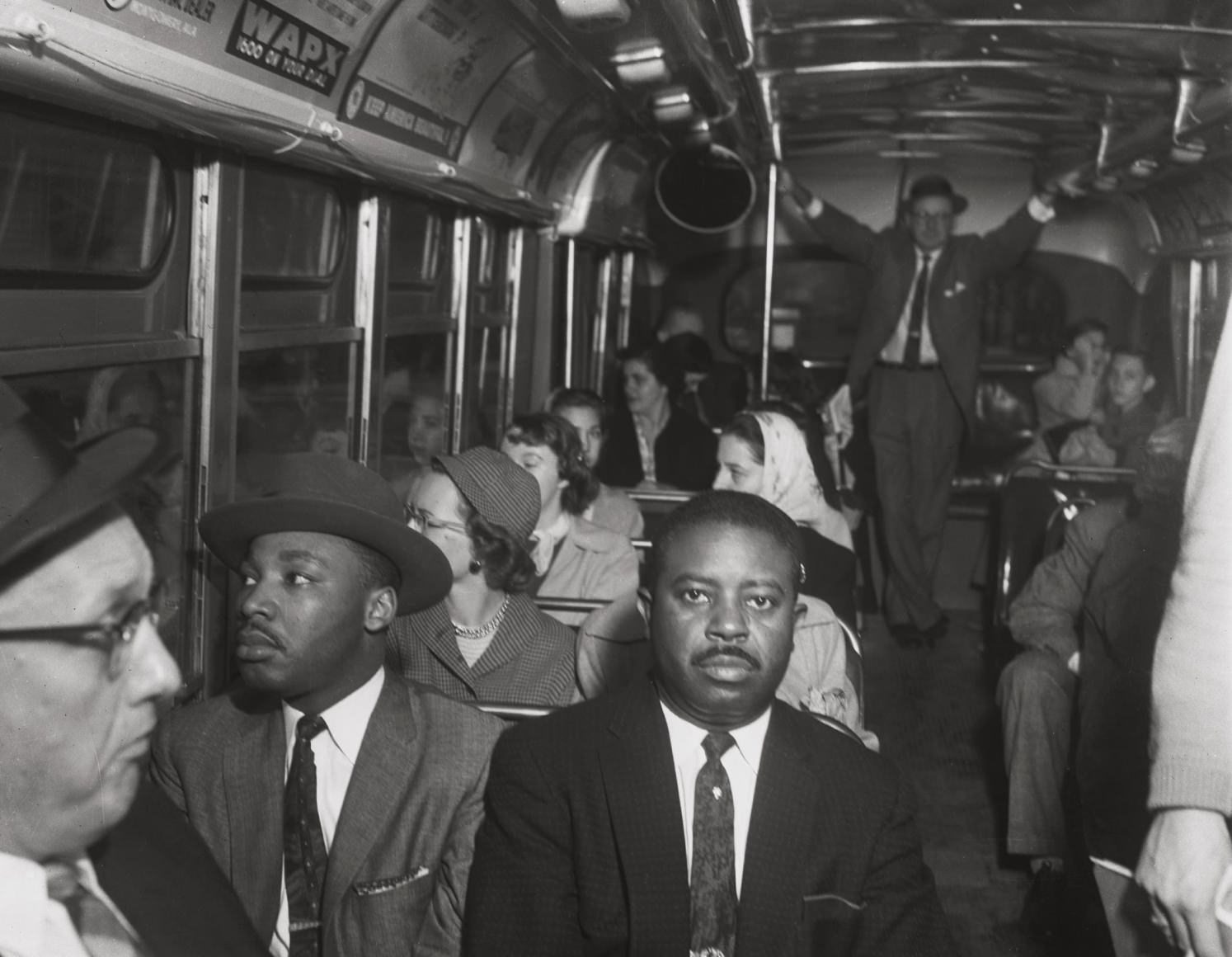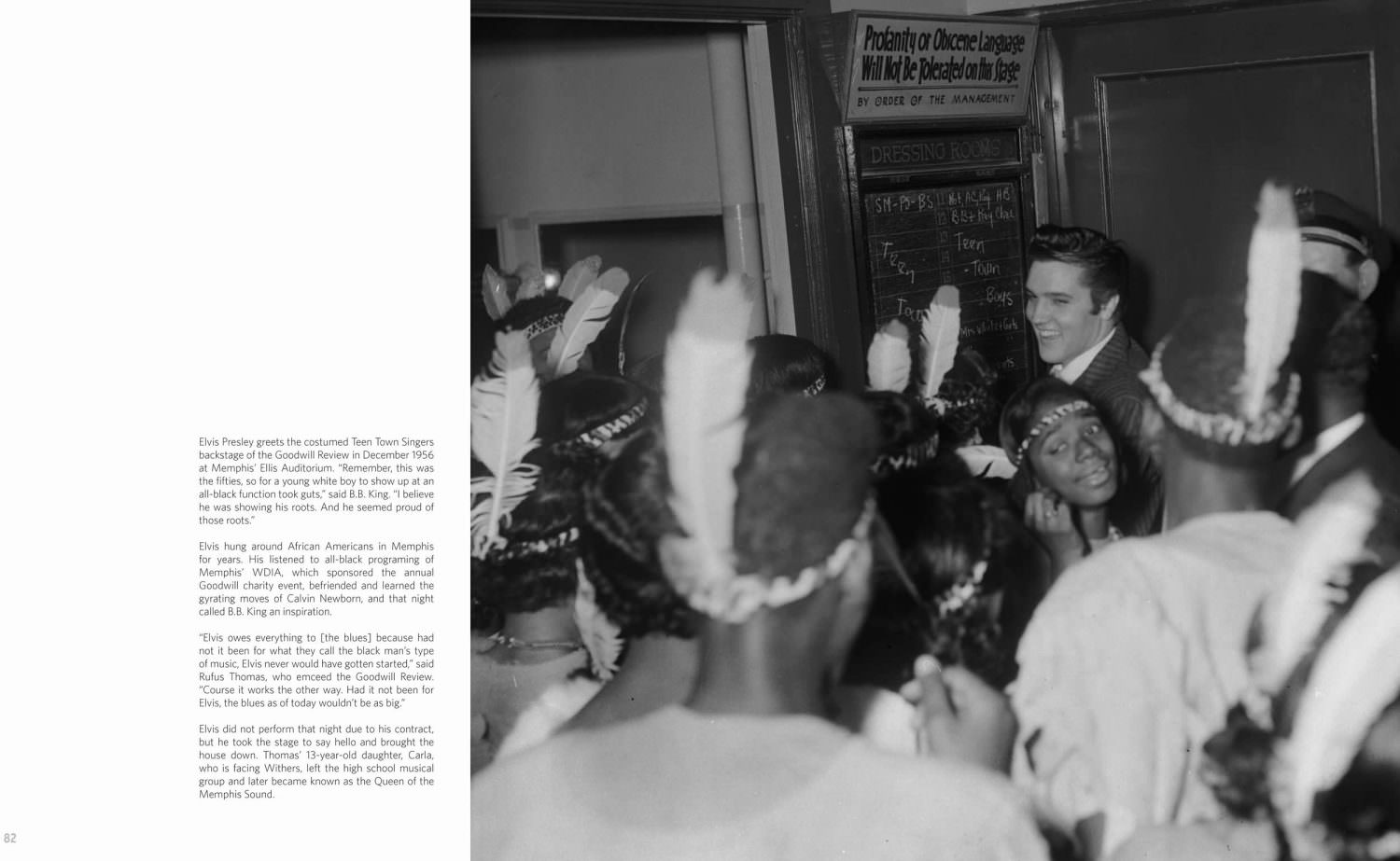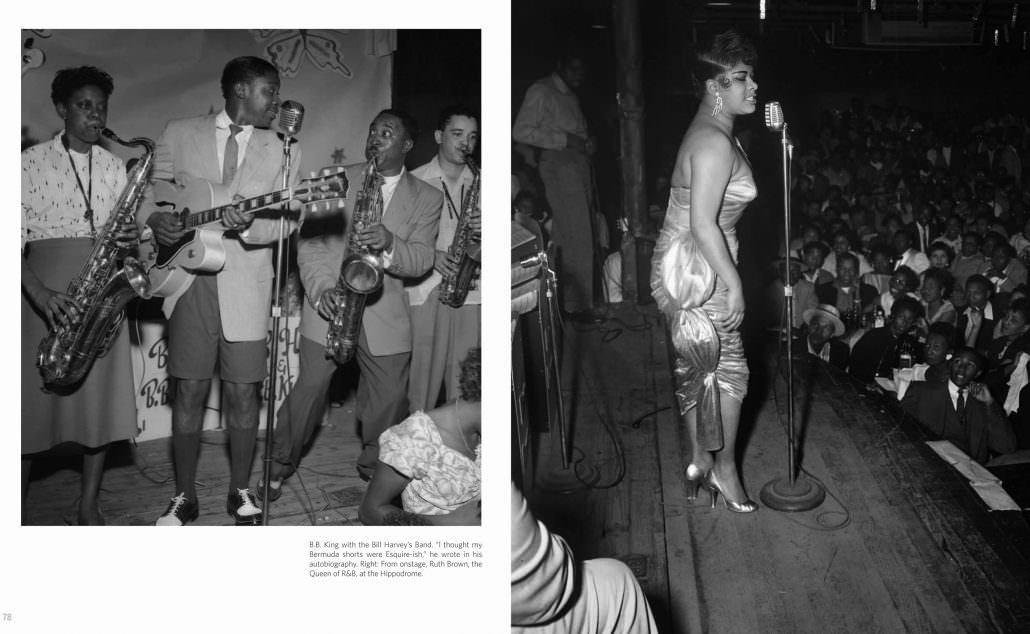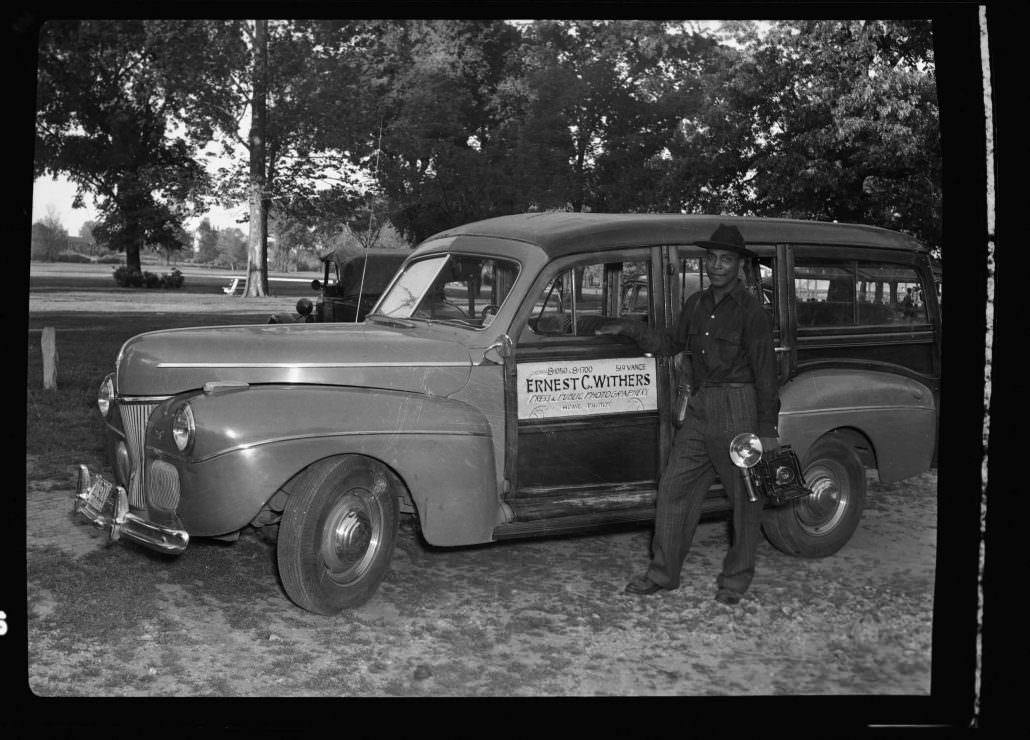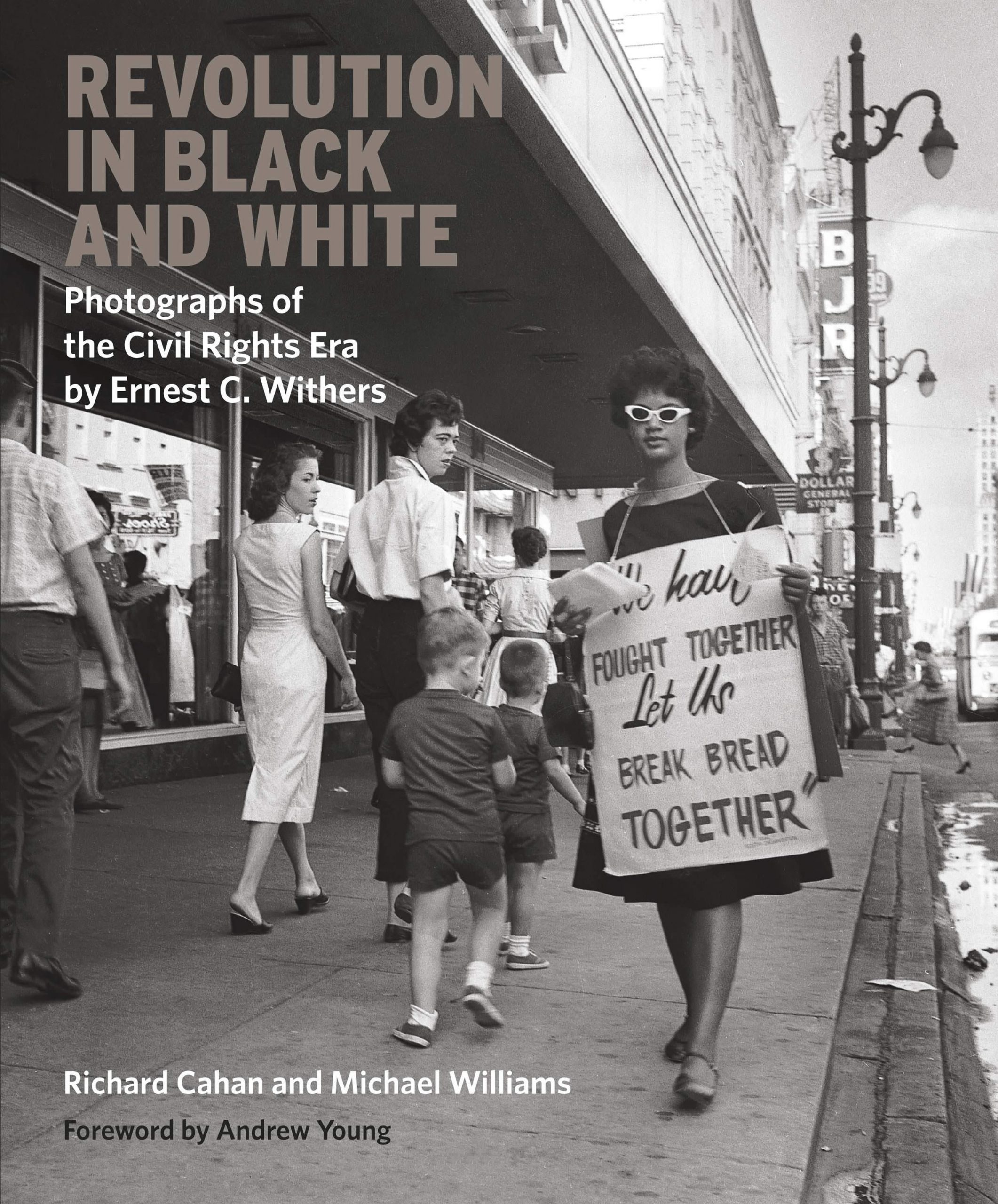Ernest C. Withers: I’ll Take You There
The Fahey/Klein gallery is pleased to present “Ernest Withers: I’ll Take You There”, an exhibition hosted in conjunction with his recently published book, “The Revolution in Black and White” (CityFiles Press). This exhibition and publication are a record of African American life in the South during the mid-20th century. Withers’s photographs of Beale Street, family life in Memphis, the rise of Rock ‘n’ Roll and R&B, and the Civil Rights movement capture a time of radical change.
“Photography is a collection of memories. One who is trained in photography knows that. Instinctively, people who have an occupation know what they ought to do. You call the fireman to put out the fire; you call the police to solve a police problem; and people who are news people and journalists are collectors and recorders of present evidence, which after a given length of time—days, months, years becomes history.” Ernest C. Withers
Withers documented a history that still resonates today, capturing the momentous, and often dangerous, upheaval of America’s civil rights movement across the South from the late 1940s through the 1960s. Apart from documenting those fighting for racial justice and equity, Withers gained acclaim by capturing the African American experience, creating a singular record of day-to-day life in an effort to better illustrate and understand life in the South during this crucial era. His vast archive also includes images of famed Memphians who brought Soul, Rock ‘n’ Roll, and the Blues into the white, mainstream music scene. From blues to baseball, high school proms and football games to funerals and marches, and moments both mundane and historic, Withers was there, camera in hand. The confidence and skill he developed in the juke joints of Beale Street and on assignment for newspapers served him well when history happened. He was fearless in the face of intimidation, risking life and limb to get the shot.
About the Author
Ernest C. Withers (August 7, 1922 – October 15, 2007) was an African-American photojournalist. He is best known for capturing over 60 years of African American history in the segregated South, with iconic images of the Montgomery Bus Boycott, Emmett Till, Memphis sanitation strike, Negro league baseball, and musicians including those related to Memphis blues and Memphis soul.
Ernest C. Withers’ interest in photography began in his eighth-grade year at a Memphis school. More than seventy years later, he continued to maintain a studio on Beale Street – once the Memphis epicenter of the musical life of the nation. After graduation from high school in 1941, Withers joined the army. He attended the Army School of Photography and later operated a freelance business photographing white soldiers stationed in Saipan. Following his discharge, Withers purchased a photography studio in Memphis with help from the GI Bill*.
Throughout the 1950s, Withers was, in his own words, ‘a news photographer’, ‘recording events that were taking place.’ Momentous events were occurring, and he recorded them for African American newspapers across the country. During the 1950s and 1960s, Withers traveled throughout the South with Dr. Martin Luther King Jr., James Meredith, Medgar Evers, and other leaders of the Civil Rights movement. He provided images that made the dramatic stories of the era – a vivid Dr. King riding the first desegregated bus in Montgomery, murders of Civil Rights workers, voter registration drives, lynchings, and the powerful Memphis Sanitation Workers Strike. The result is an encompassing and moving chronicle of the great American crusade of the second half of the Twentieth Century.
As he traveled across the South, Withers’ base was always his hometown of Memphis. His work provides an insider’s view of the Beale Street music scene at the point when Americans – black and white, began to recognize it as a musical Mecca. For more than a century the city had attracted rural African-American migrants who brought their music. Gospel, blues, rhythm, and urban dance music rang out from churches and Beale St. clubs. On Saturday nights, Withers photographed audiences at the clubs for a dollar-fifty a shot.
Withers’ photographs proclaim the wealth of Memphis’ musical talent. They also showcase the Rock and Roll and Blues that emerged from the city’s gospel as well as blues musical tradition. Given the relentless segregation, it was white musicians such as Elvis or Johnny Cash, or Jerry Lee Lewis who brought the Memphis sound to the attention of the nation. Withers photographs clearly document the sound that was the product of the city’s black musical culture.
Ernest C. Withers
I’ll Take You There
June 24 – July 31, 2021

